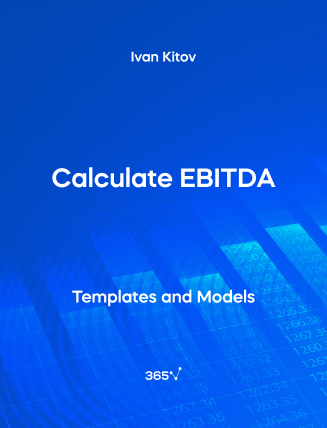EBITDA stands for Earnings before Interest, Taxes, Depreciation, and Amortization. This is a popular measure because it gives you an idea about a company’s operating profitability. EBITDA serves as a proxy for operating profit, and some financial professionals say that it is one of the best quick and dirty proxies for operating cash flow. You can also use it as a profitability multiple to estimate how much a company can be sold for. You’ll often hear investment professionals say that an entity has an enterprise value of 5x EBITDA. Before acquiring a firm, for instance, buy-side investors send their due diligence consultants, typically represented by a big 4 company, to adjust EBITDA.
This open-access Excel template is a useful tool for bankers, investment professionals, corporate finance practitioners, portfolio managers, and anyone preparing a corporate presentation.
EBITDA is among the topics included in the Corporate Finance module of the CFA Level 1 Curriculum. Gain valuable insights into the subject with our Corporate Finance course.
You can also explore other related templates such as—Return on Equity (ROE) and Cost of Equity.

